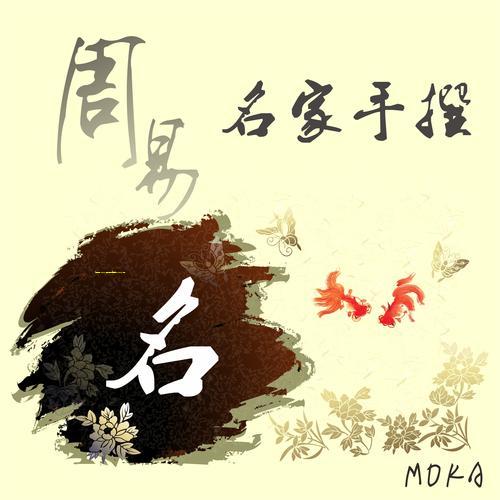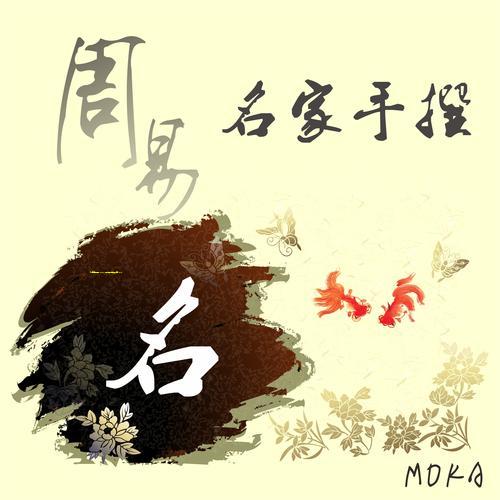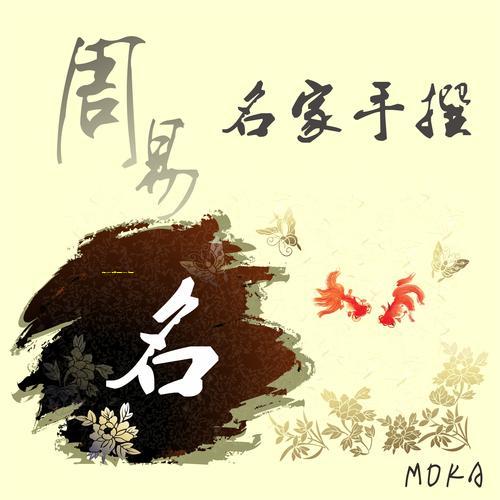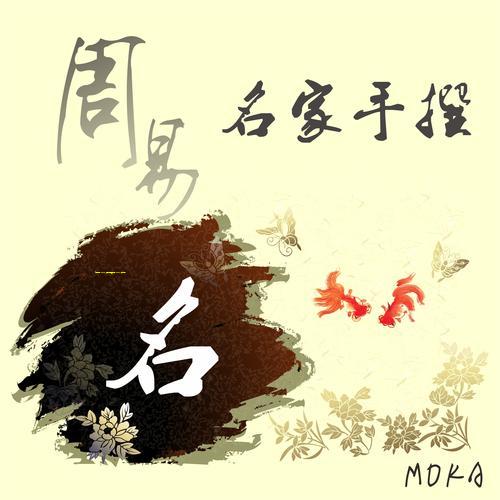如何理解“学了八字不会断命的人”这一说法
- 作者: 祈屹
- 来源: 投稿
- 2024-10-12
1、如何理解“学了八字不会断命的人”这一说法
如何理解“学了八字不会断命的人”这一说法
这句话可以从两个方面来理解:
1. 八字断命并非易事,需要深厚的理论基础和丰富的实践经验。
八字命理学是一门复杂的学科,涉及到阴阳五行、天干地支、刑冲克害等诸多理论知识。
即使掌握了这些理论知识,也需要大量的实践经验才能准确地断命。
因此,仅仅学习了八字基础知识的人,很难准确地断命。
2. 八字断命并非万能,需要结合其他因素进行综合判断。
八字命理学只能反映一个人先天命格的大致情况,并不能完全决定一个人的命运。
后天环境、个人努力、机遇等因素也会对命运产生重要影响。
因此,八字断命只能作为参考,不能完全相信。
“学了八字不会断命的人”这一说法,一方面强调了八字断命的难度,另一方面也提醒人们不要过分依赖八字断命。
以下是一些学习八字断命的建议:
找一位经验丰富的老师学习。
多阅读相关书籍和资料。
多练习,积累经验。不要过分依赖八字断命,要结合其他因素进行综合判断。
希望以上解释能够帮助您理解“学了八字不会断命的人”这一说法。

2、这一说法
“这一说法” is a Chinese phrase that means "this statement" or "this claim." It is often used to introduce a statement that the speaker is about to discuss or refute.
For example, if someone says "这一说法是错误的" (zhè yī shuō fǎ shì cuò wù de), they are saying that "this statement is wrong."
The phrase "这一说法" can also be used to introduce a statement that the speaker is about to support. For example, if someone says "这一说法是正确的" (zhè yī shuō fǎ shì zhèng què de), they are saying that "this statement is correct."
The phrase "这一说法" is a common way to introduce a statement in Chinese. It is a versatile phrase that can be used to introduce a variety of statements, both positive and negative.
3、如何理解
“如何理解” can be interpreted in two ways:
1. How to understand something:
This interpretation focuses on the process of comprehending information. It asks how someone can gain knowledge or insight into a particular topic or situation.
The answer to this question will depend on the specific context and the individual's learning style. Some common methods for understanding include reading, listening, observing, questioning, and discussing.
2. How to interpret something:
This interpretation focuses on assigning meaning to something, such as a text, a piece of art, or an event. It asks how someone can make sense of the information they are presented with and draw conclusions based on their own knowledge and experience.
The answer to this question will depend on the individual's perspective, biases, and cultural background. There is no single "correct" interpretation, as different people may understand the same thing in different ways.
Additional considerations:
The specific context in which the phrase is used will help to determine which interpretation is more appropriate.
The individual's intention behind asking the question will also be important. Are they seeking clarification, explanation, or simply a different perspective?
Overall, "如何理解" is a broad question that can be interpreted in multiple ways. The best way to answer it will depend on the specific context and the individual's needs.




